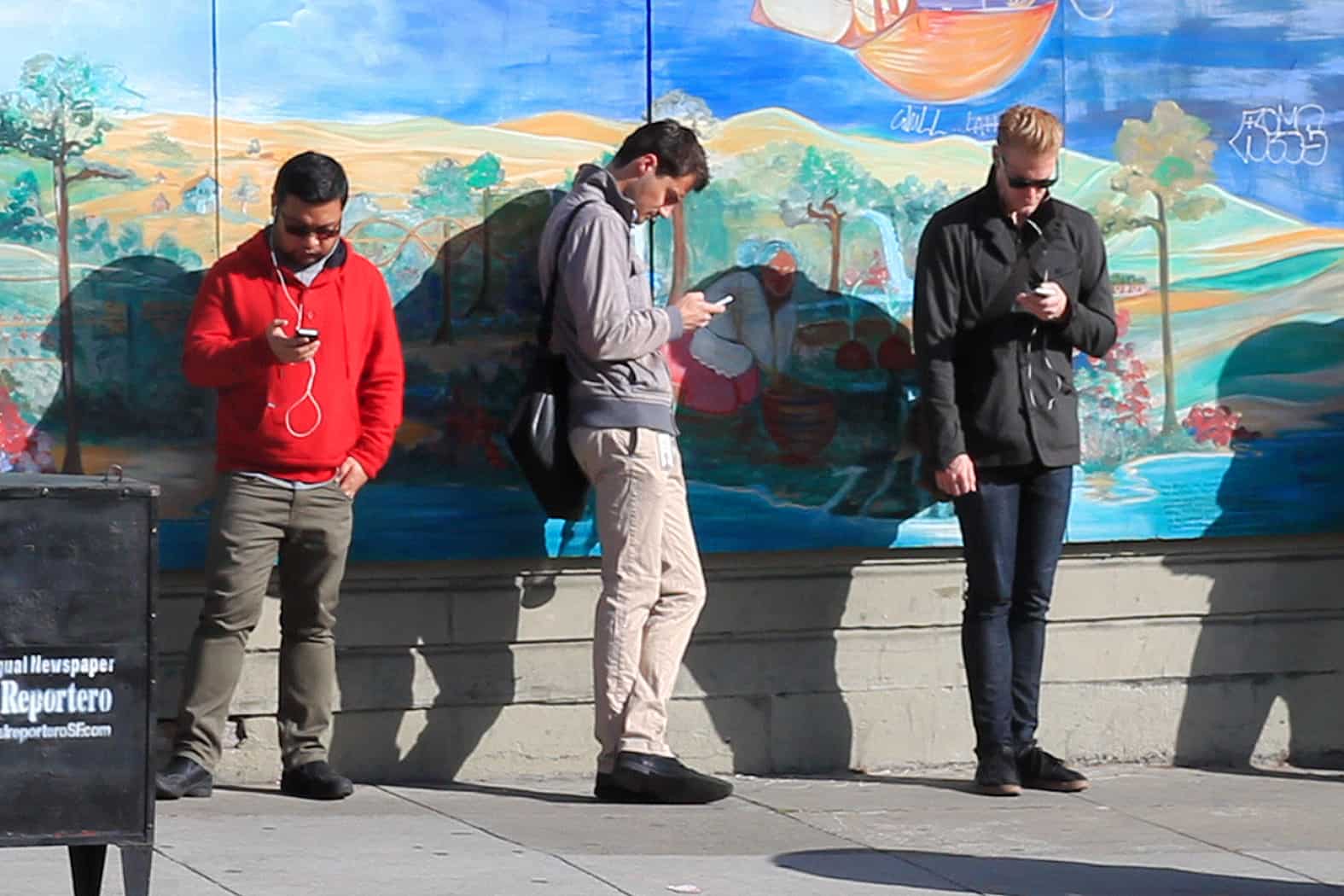
Home Page Image Credits
Henry Moncrieff Zabaleta
1st Prize Rachel Tanur Contest 2020
Venezuela is internationally known as a “Factory of Queens” for the Miss Universe, the most important female beauty contest in the world. This beauty pageant represents a hegemonic, transversal, and gendered construction of the female body in the socialist country… (read more)
Camilo Leon-Quijano
1st Prize Rachel Tanur Contest 2018
Koumba, 16, is one of the best players of Chantereine High School. She lives in a social housing tower in Sarcelles. This city has the biggest social housing density of the country. Her father is retired and he suffers from a chronic illness… (read more)
Aubrey Graham
1st Prize Rachel Tanur Contest 2014
At first glance, this image may look similar to those that appear beside ‘donate here’ instructions in magazine ads and non-governmental organization (NGO) websites… (read more)
Kristin Miller
1st Prize Rachel Tanur Contest 2014
Three men stand on a sidewalk in San Francisco. They stand equidistant from each other, not even their shadows touching. In any event, they are more engrossed in the smartphones they hold than in anything going on around them… (read more)
Eryn Snyder
1st Prize Rachel Tanur Contest 2012
Four to six times a day, Bedik women haul water from a nearby well back to their community. Their feet have cut trails into the red earth and worn smooth the rocks along the paths up to their mountain villages… (read more)
Emilie Dubois
1st Prize Rachel Tanur Contest 2010
I swung off the curb and onto the M4 bus relieved to finally step out of the thick, simmering street air of a New York City late summer afternoon… (read more)
Haruna Miyagawa Fukui
1st Prize Rachel Tanur Contest 2010
This photograph was taken on a sunny spring weekend at the Japanese Friendship Garden in San Diego, California. The photographer is a graduate student from Japan… (read more)








